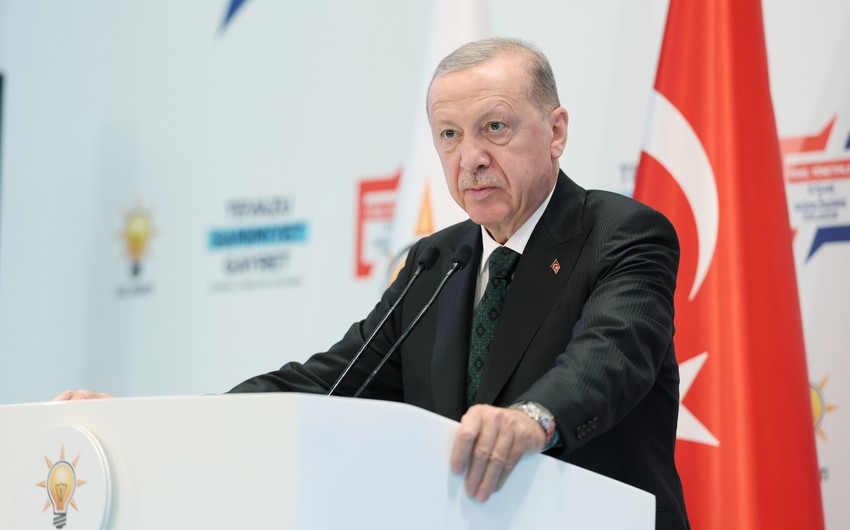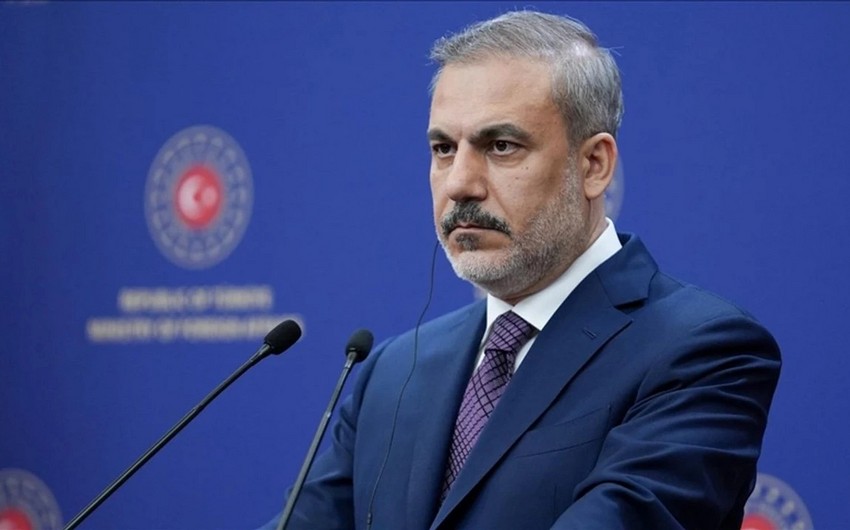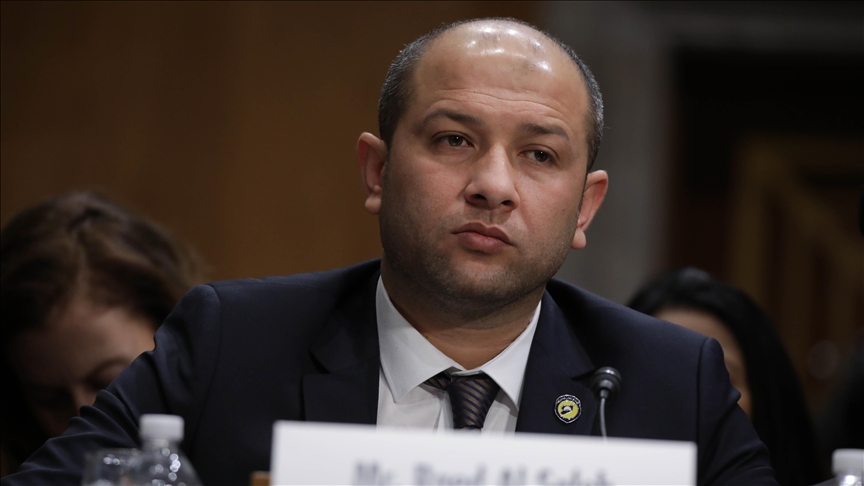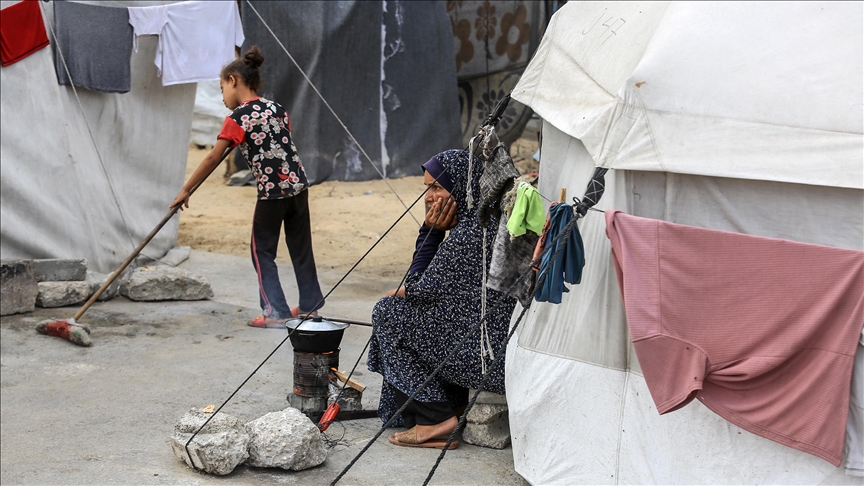The leaders of Canada's four major federal parties have squared off in their second and final debate ahead of this month's general election, but someone off stage stole much of the spotlight: US President Donald Trump.
A big question heading into the two-hour forum was whether Liberal leader Mark Carney, who has been leading in the polls, would stumble.Carney, the former governor of the Bank of England, managed to survive Wednesday's French debate despite being less proficient in the country's second language.
On Thursday, he found himself placed on the spot repeatedly by his three opponents: Conservative leader Pierre Poilievre, New Democratic Party leader Jagmeet Singh and Bloc Québécois leader Yves-Francois Blanchet.
How to respond to Canada's ongoing trade war with the US was a theme, but the debate also saw clashes on affordability, crime and the environment.Carney's opponents were quick to hone in on the mistakes of his unpopular predecessor, former Prime Minister Justin Trudeau.
Conservative leader Poilievre made references to the "lost Liberal decade", talking about the last 10 years when the Liberal party has been in power. He cited issues like housing affordability and the high cost of living to drive his point home.The leaders were asked about how they would negotiate with Trump and respond to his tariffs on Canada.
The US president has implemented blanket 25% tariffs on goods from Canada, with an exemption on products covered- a North American free trade deal. Canada is also hit with global US tariffs on steel and aluminium and cars.The president has also publicly spoken about Canada becoming the 51st US state.
Canada's government has previously said its position is to implement "dollar-for-dollar" tariffs with the aim of inflicting maximum pain on the US economy.But during the debate, the leaders appeared to concede it is ultimately not an equal fight.They have moved on from dollar-for-dollar tariffs,acknowledging that the US economy is more than 10 times the size of Canada's.The Liberal leader said the focus would shift to targeted tariffs designed to maximise pain on the US and hurt Canada as little as possible.
Trump appears to have softened his language on Canada in recent weeks. After a phone call with the US president in late March, Carney said Trump "respected Canada's sovereignty" and that their conversation was "constructive".Canada and the US are expected to start talks on trade and security after the 28 April election.For Canadians tuned in to issues facing the country beyond Trump and his tariffs, the debate offered substantive policy discussions on topics from housing to crime to immigration.It was clear that Canadians have starkly different choices before them.
Poilievre frequently championed his vision of a small government that would keep taxes low to drive up economic growth and affordability for Canadians, and that would be tough on crime.Despite the frequent crosstalk, the tone overall was rather cordial.The general sense of decorum was apparent when the leaders were discussing the housing crisis. In a rebuttal to Poilievre, Carney appeared to stop himself before laying into his opponent.
Madina Mammadova\\EDnews










